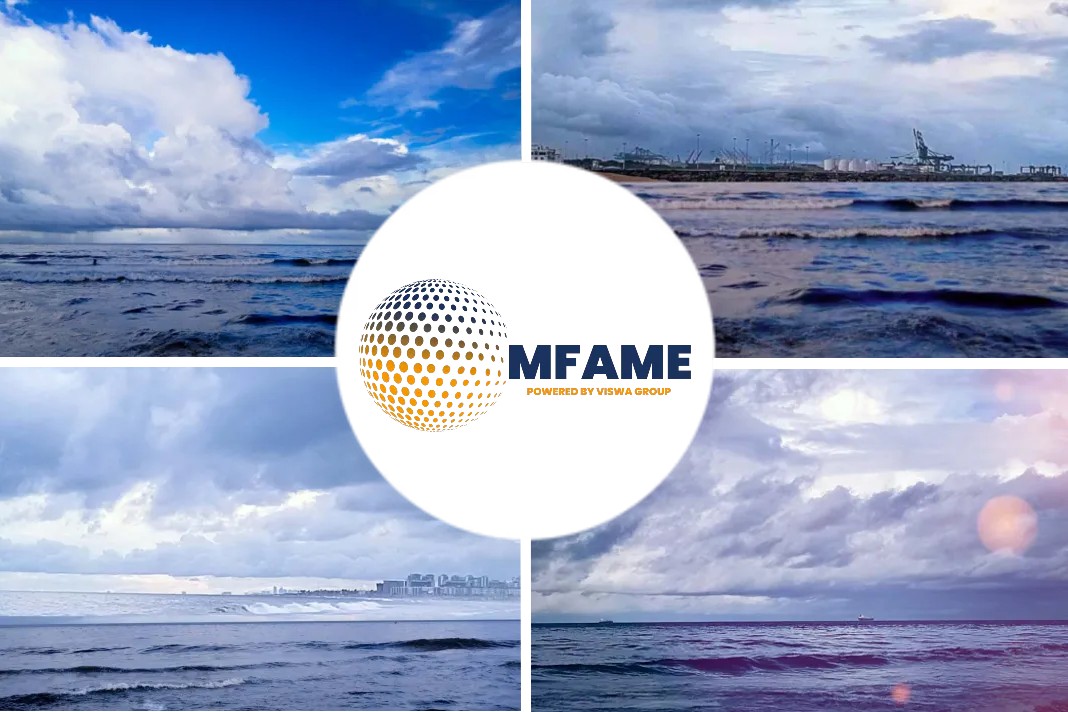A recent news article published in the Royal Gazette states that the Ever Given incident may cost $2Bn in claims.
Six-day blockage of a vital maritime trade
The six-day blockage of a vital maritime trade route last year by the Ever Given containership could result in more than $2 billion in claims, a leading French reinsurer has said.
The Ever Given, which weighs 200,000 tonnes and is 400 metres long, ran aground last March while heading north under pilotage through the Suez Canal, en route to Rotterdam, Netherlands.
The canal, 120 miles long but only 205 metres wide and 24 metres deep, is one of the key maritime trade routes between Asia, the Middle East and Europe.
The Ever Given became stuck at an angle, preventing other ships from passing.
“Supply-chain disruption is an important, direct consequence of the Ever Given incident,” says Gregory Delaisse, global head of marine & transport for specialty insurance at Scor.
Shipping is a complex industry
The company said shipping is a complex industry, employing millions of people around the world and representing the backbone of international trade and commerce.
At some time in their production and distribution, 90 per cent of all consumer goods transit by sea, be it as raw materials, components, or finished products.
Some products require many steps in their manufacturing and thus make it around the world several times before reaching the consumer.
“The grounding of the giant Ever Given has shown the world the hidden reality of our economic system,” says Sylvain Gauden, chief underwriting officer for marine and energy reinsurance at Scor.
An average of 52 ships pass through the Suez Canal every day, Scor said.
At 20 knots, it takes one of these vessels a few weeks to circumnavigate the globe. Chartering a ship can cost as much as $100,000 per day.
Each of the 15,000 to 20,000 containers they carry is expected by someone, and time is of the essence. Some of those goods are perishable, others are not.
“As re/insurers we need to measure our potential exposures,” Mr Delaisse says.
“Container vessels are getting bigger, yet at the same time, there is a shortage of containers. This is leading some shippers to move cargo in inadequate, bulk carriers.”
400 ships were blocked in total
With the canal blocked, many shipping companies were considering – and even embarking on – an alternate route via the Cape of Good Hope, despite the implications of this lengthy, and costly, diversion.
In the Ever Given incident, Scor said, matters are complicated by the fact that the parties involved – the ship owner, the charterer, the owners of the goods, even the Suez Canal – have insurance policies originating from all over the world. All seek to recover at least some of their losses.
Scor said the claims include physical damage (to the Ever Given), loss of revenue (on the part of the Suez Canal Authority), the cost of the salvage operations and business interruption (for owners and charterers of the blocked vessels), loss of perishables and cargo delays, as well as damage to the canal itself – and these are just some of the claims that will need to be considered.
“Understanding the consequences of such an event means taking a holistic view,” Mr Gauden says.
“Who are the stakeholders? Which insurance policies can respond? What is their exposure? How much is this going to cost? All branches of marine insurance are concerned, and the interests are multiple and sometimes divergent.”
Scor said it will take many years to settle the claims from the Ever Given and the process will include much debate about who is liable, adding that the issue of responsibilities and applicable laws in today’s global maritime world is complex.
But it said reinsurers will have to absorb the bulk of the claims, which could amount to more than $2 billion.
Did you subscribe to our daily Newsletter?
It’s Free! Click here to Subscribe
Source: Royal gazette
















